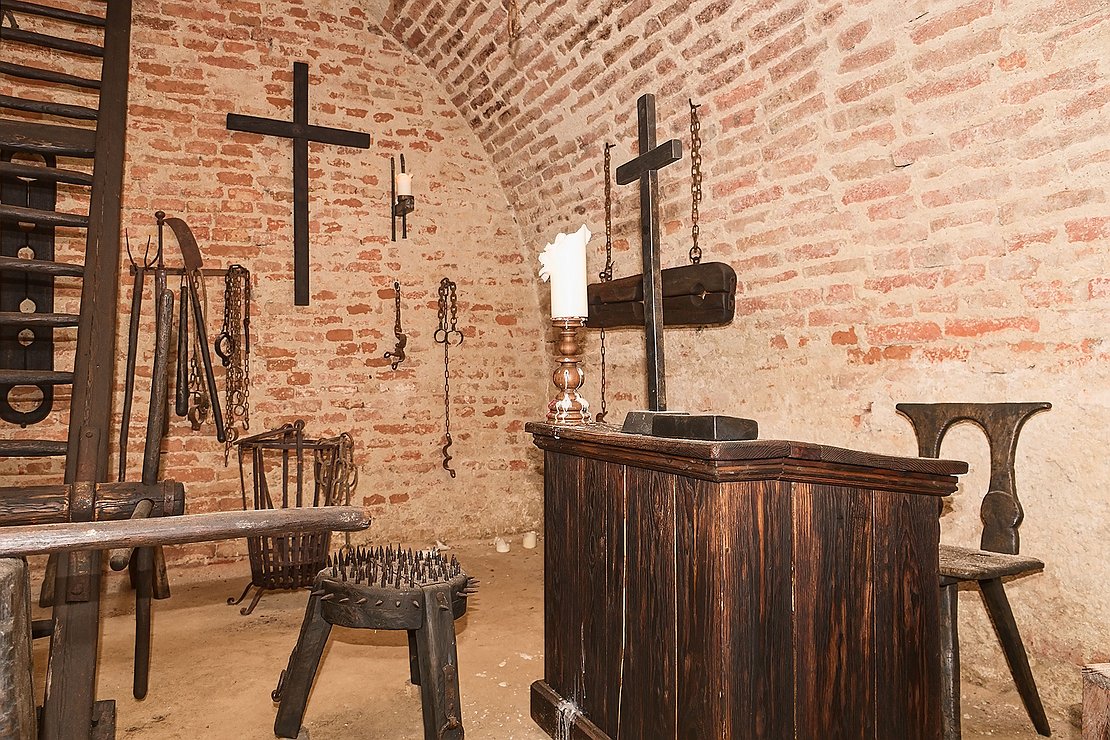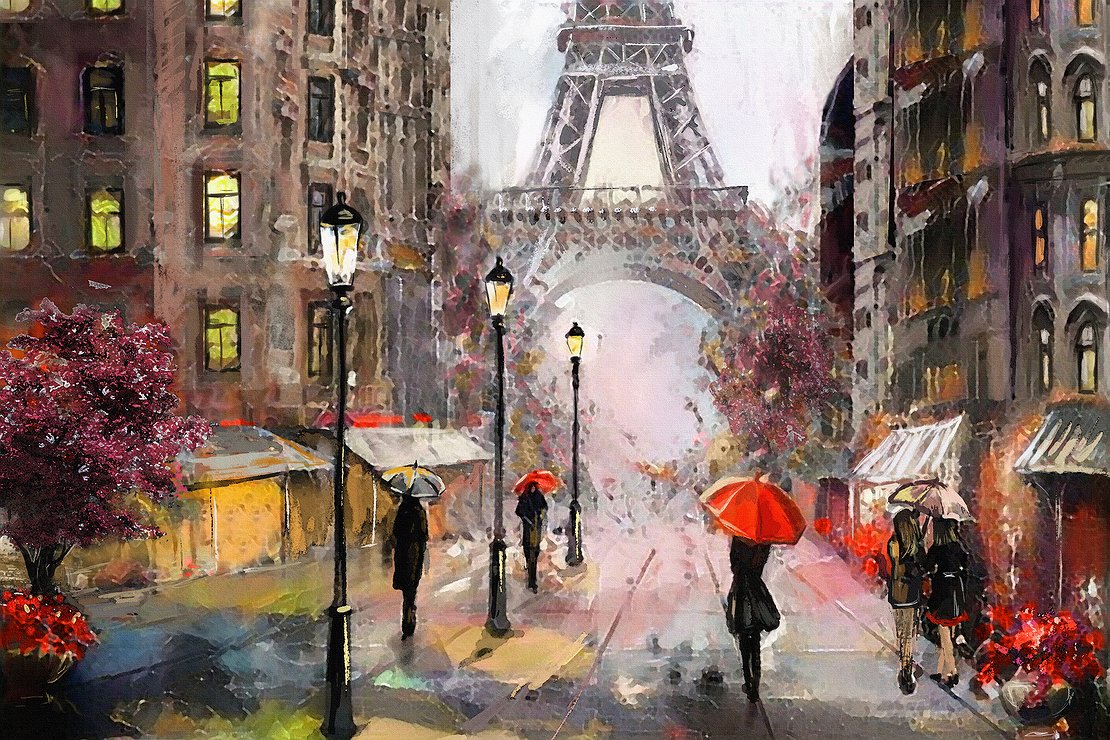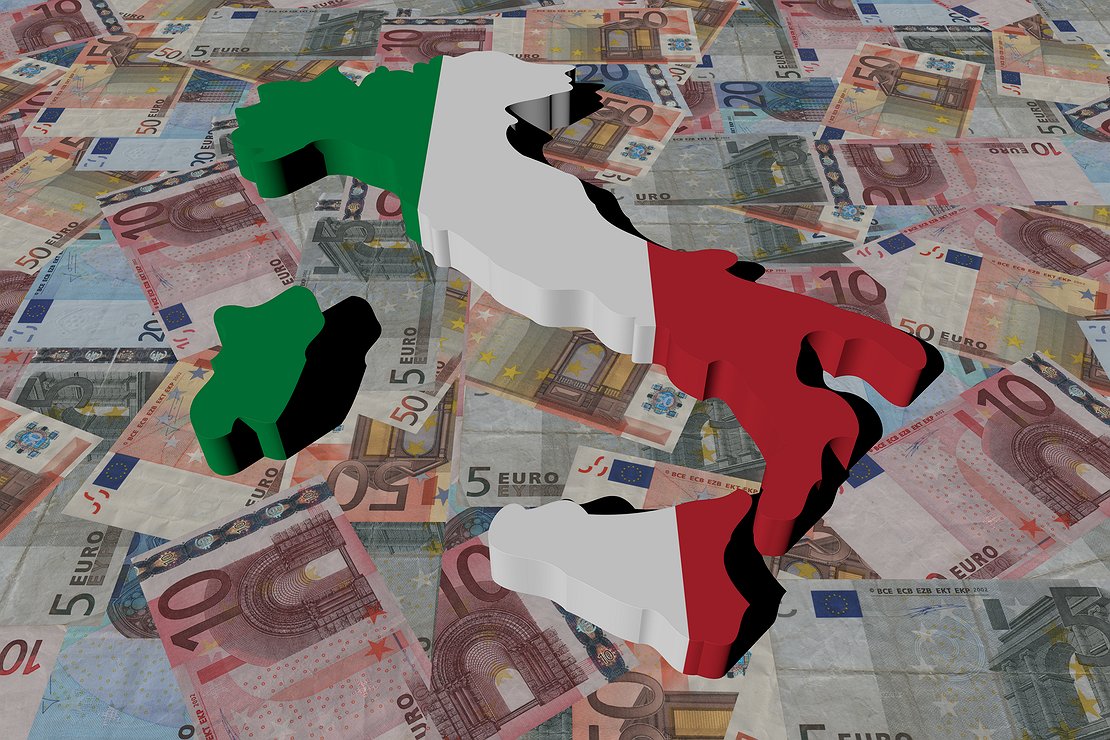
The devotion with which statists implore their only saving state is often reminiscent of religious rituals of faith. When people keep saying that a world without a state is simply not possible, it almost sounds like the Catholic creed, albeit in small nuances: “I believe in the State, the holder of the monopoly on the use of force, the creator of the laws over us all, and in its government here below, its only legitimate representative, our master...”
The strategy is obvious. What is being addressed is the people’s age-old need for integration into a comprehensive affiliation. This is the essence of religion (‘religio’ means incorporation), which nobody can object to. Above all because religious incorporation doesn’t happen through legal coercion, but through free faith, at least ideally. Of course, there have always been churches, religious communities and sects with totalitarian tendencies. But these are, and were, excesses that were sooner or later abandoned.
For example, the Catholic Inquisition of the late Middle Ages, whose goal initially had been to promote the faith, but which then chose wrong methods and gradually became a violent thought-police. Its most effective instrument was to hold all the levers of a comprehensive system of regulation, monitoring, prosecution and justice centrally in one hand and thus to eliminate the potential for correction of a structure of society built on checks and balances.
That this ultimately led less to a living community of faith, but rather to a totalitarian system of rule, was realized by the church itself, who then took appropriate action. To believe means to believe and not to obey. Faith cannot be commanded and it certainly can’t be enforced. So they abandoned the Inquisition as an instrument of enforcement. The last remnants of it can still be seen today as an advisory body that promotes faith. And the worst thing that can still happen to an unbelieving church member today is excommunication, i.e. exclusion from membership of the faithful.
The present-day state is even more aggressive: It’s not enough for it that many people believe in it and constantly recite the above creed. Nor does it content itself with using persuasive advertising to win as many more believers as possible as new members. Basically, it doesn't even care if anyone believes in it. What it ultimately wants is not the faith of its members, but the obedience of all. So it’s no wonder that it now digs around in the old box of the Inquisition and uses this tried and tested instrument of combining legislation, surveillance, criminal investigation, prosecution, sentence and execution of judgement all in one hand. However, the fact that it calls this concentration of powers ‘checks and balances’ has everything to do with faith – blessed are those who see something and believe the opposite.
How easy the solution would be: Excommunication from the membership of the state faithful!
Translated from eigentümlich frei, where the original article was published on 14th April 2018.




